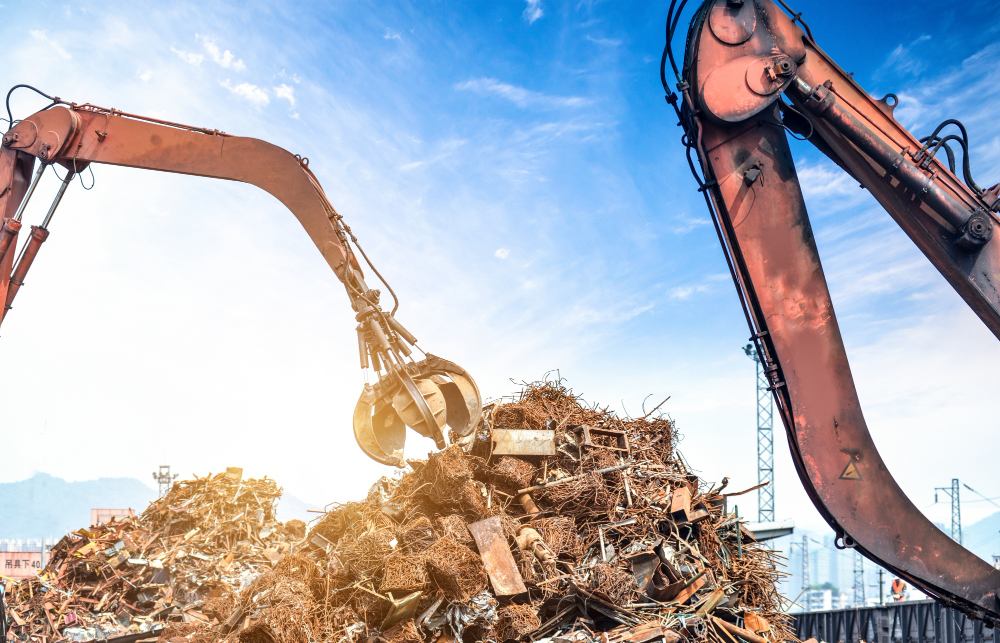

NOV 21, 2023
Scrap metal disposal is an integral component of running industrial settings, providing both environmental sustainability and operational efficiencies. When dealing with construction debris, manufacturing byproducts or decommissioned machinery containing scrap metal, understanding best practices can have an enormous impact on both your ecological footprint and bottom line. RCM Recycling offers effective tips for efficient scrap metal recycling while engaging a reliable buyer or company and emphasizing recycling best practices as essential strategies.
Before embarking on any sort of metal disposal effort, it's vitally important to identify what kinds of scrap metal exist within your facility. Typically, scrap is divided between ferrous (such as steel and iron ) and non-ferrous metals such as aluminum copper brass which each have unique recycling procedures and market values - proper identification not only aids efficient recycling efforts but can help in finding an appropriate scrap buyer as well.
Effective scrap metal disposal begins at its source. Separating different metal types during collection simplifies recycling efforts while increasing value to scrap. Doing this also minimizes contamination levels - more desirable to scrap companies which means greater returns from your scrap materials!
Selecting an accredited scrap metal company is essential when choosing to recycle metals efficiently and at competitive pricing, in accordance with environmental standards. They have expertise and equipment needed for efficiently recycling different kinds of scrap metal, which reduces both workload and environmental impacts.
Scrap metal prices fluctuate constantly based on market demand; staying informed on current market prices allows you to determine when is best to sell it, enabling you to negotiate better offers from buyers and maximize returns on sales of scrap metal.
Environmental compliance should always come first when disposing of scrap metal. Work with a recycling provider who adheres to all relevant environmental regulations; proper recycling keeps harmful elements out of soil and water sources while supporting sustainability initiatives and safeguarding your company's image.
To maximize efficiency and minimize risks when handling scrap metal, investing in appropriate equipment and training your staff on proper disposal techniques and environmental practices are essential. Furthermore, training ensures a smooth operation by mitigating risks to minimize losses from mishandled loads of scrap.
Building long-term relationships with scrap metal buyers can reap numerous advantages. Establishing these trusting alliances often equates to better pricing, more reliable service, and smoother disposal processes, not to mention more favorable and flexible terms and agreements.
When recycling scrap metal, be sure to request recycling certificates from your scrap metal company as proof of your commitment to environmental sustainability - these can add credibility and compliance records for your business!
Waste audits provide essential insight into what kinds and amounts of scrap metal your business produces, providing the data to improve disposal strategies as well as uncover opportunities to cut waste production or increase recycling efforts.
Staying abreast of emerging technology within scrap metal recycling is critical in remaining efficient. New technologies may enhance sorting efficiency and decrease labor costs while simultaneously increasing environmental protection efforts during your disposal process.
Effective scrap metal disposal requires a multifaceted strategy. By understanding the types of scrap metal available for recycling and employing effective segregation practices, partnering with reliable recycling entities, keeping up-to-date with market trends and environmental regulations, industrial settings can efficiently dispose of their scrap metal waste responsibly and profitably - not only benefiting their business, but contributing towards creating a greener planet as a result!